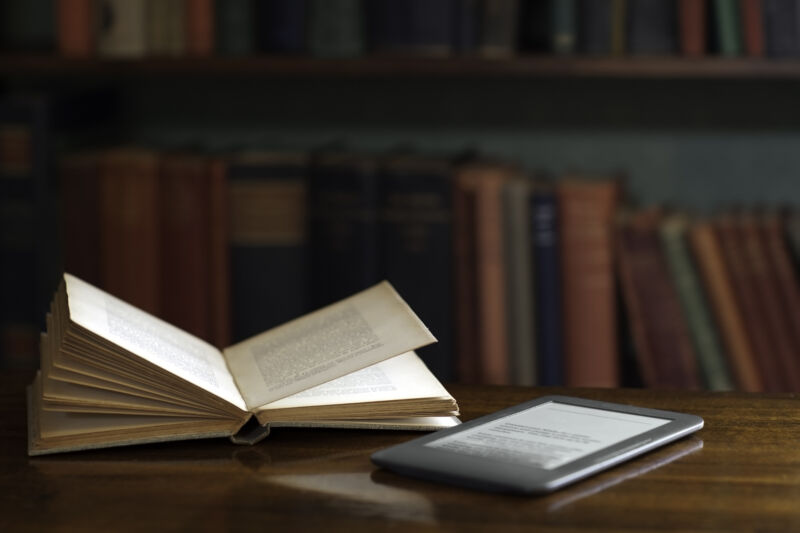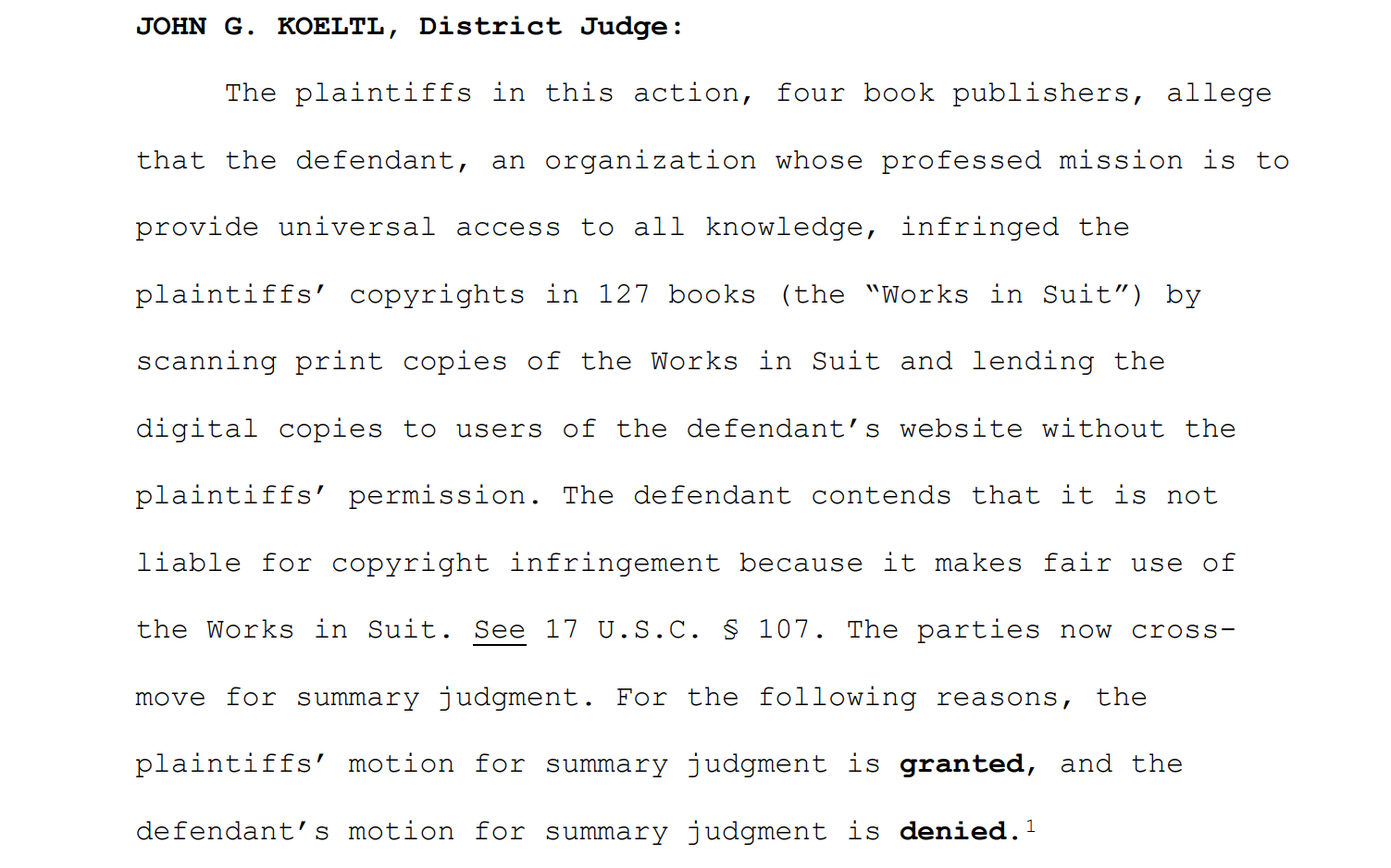-
chevron_right
Internet Archive: Digital Lending is Fair Use, Not Copyright Infringement
news.movim.eu / TorrentFreak · Monday, 18 December - 19:30 · 4 minutes
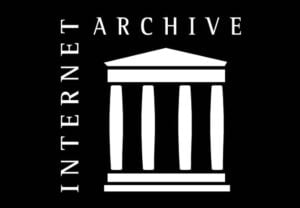 In 2020, publishers Hachette, HarperCollins, John Wiley and Penguin Random House
sued the Internet Archive
(IA) for copyright infringement, equating its ‘Open Library’ to a pirate site.
In 2020, publishers Hachette, HarperCollins, John Wiley and Penguin Random House
sued the Internet Archive
(IA) for copyright infringement, equating its ‘Open Library’ to a pirate site.
IA’s library is a non-profit operation that scans physical books, which can then be lent out to patrons in an ebook format. Patrons can also borrow books that are scanned and digitized in-house, with technical restrictions that prevent copying.
Staying true to the centuries-old library concept, only one patron at a time can rent a digital copy of a physical book for a limited period.
Mass Copyright Infringement or Fair Use?
Not all rightsholders are happy with IA’s scanning and lending activities. The publishers are not against libraries per se, nor do they object to ebook lending, but ‘authorized’ libraries typically obtain an official license or negotiate specific terms. The Internet Archive has no license.
The publishers see IA’s library as a rogue operation that engages in willful mass copyright infringement, directly damaging their bottom line. As such, they want it taken down permanently.
The Internet Archive wholeheartedly disagreed with the copyright infringement allegations; it offers a vital service to the public, the Archive said, as it built its legal defense on protected fair use.
After weighing the arguments from both sides, New York District Court Judge John Koeltl sided with the publishers. In March, the court granted their motion for summary judgment, which effectively means that the library is indeed liable for copyright infringement .
The judgment and associated permanent injunction effectively barred the library from reproducing or distributing digital copies of the ‘covered books’ without permission from rightsholders. These restrictions were subject to an eventual appeal, which was announced shortly thereafter.
Internet Archive Files Appeal Brief
Late last week, IA filed its opening brief at the Second Circuit Court of Appeals, asking it to reverse the lower court’s judgment. The library argues that the court erred by rejecting its fair use defense.
Whether IA has a fair use defense depends on how the four relevant factors are weighed. According to the lower court, these favor the publishers but the library vehemently disagrees. On the contrary, it believes that its service promotes the creation and sharing of knowledge, which is a core purpose of copyright.
“This Court should reverse and hold that IA’s controlled digital lending is fair use. This practice, like traditional library lending, furthers copyright’s goal of promoting public availability of knowledge without harming authors or publishers,” the brief reads.
A fair use analysis has to weigh the interests of both sides. The lower court did so, but IA argues that it reached the wrong conclusions, failing to properly account for the “tremendous public benefits” controlled digital lending offers.
No Competition
One of the key fair use factors at stake is whether IA’s lending program affects (i.e., threatens) the traditional ebook lending market. IA uses expert witnesses to argue that there’s no financial harm and further argues that its service is substantially different from the ebook licensing market.
IA offers access to digital copies of books, which is similar to licensed libraries. However, the non-profit organization argues that its lending program is not a substitute as it offers a fundamentally different service.
“For example, libraries cannot use ebook licenses to build permanent collections. But they can use licensing to easily change the selection of ebooks they offer to adapt to changing interests,” IA writes.
The licensing models make these libraries more flexible. However, they have to rely on the books offered by commercial aggregators and can’t add these digital copies to their archives.
“Controlled digital lending, by contrast, allows libraries to lend only books from their own permanent collections. They can preserve and lend older editions, maintaining an accurate historical record of books as they were printed.
“They can also provide access that does not depend on what Publishers choose to make available. But libraries must own a copy of each book they lend, so they cannot easily swap one book for another when interest or trends change,” IA adds.
Stakes are High
The arguments highlighted here are just a fraction of the 74-page opening brief, which goes into much more detail and ultimately concludes that the district court’s judgment should be reversed.
In a recent blog post, IA founder Brewster Kahle writes that if the lower court’s verdict stands, books can’t be preserved for future generations in digital form, in the same way that paper versions have been archived for centuries.
“This lawsuit is about more than the Internet Archive; it is about the role of all libraries in our digital age. This lawsuit is an attack on a well-established practice used by hundreds of libraries to provide public access to their collections.
“The disastrous lower court decision in this case holds implications far beyond our organization, shaping the future of all libraries in the United States and unfortunately, around the world,” Kahle concludes .
—
A copy of the Internet Archive’s opening brief, filed at the Second Circuit Court of Appeals, is available here (pdf)
From: TF , for the latest news on copyright battles, piracy and more.

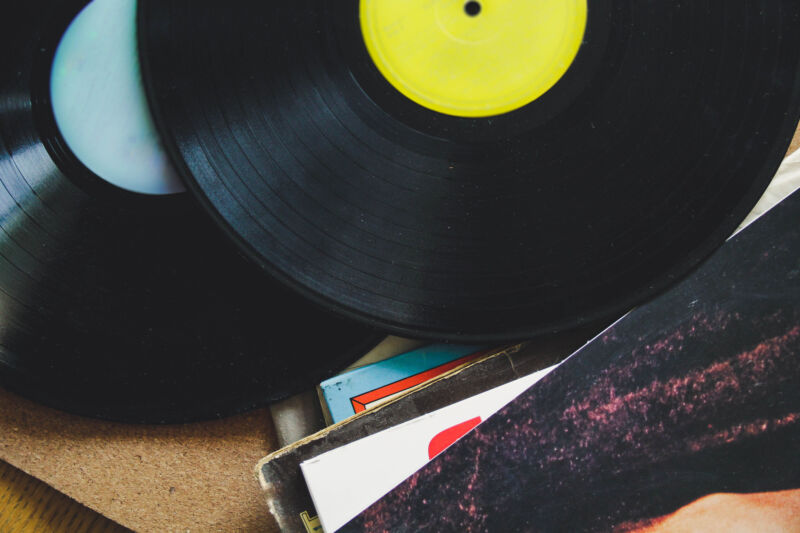

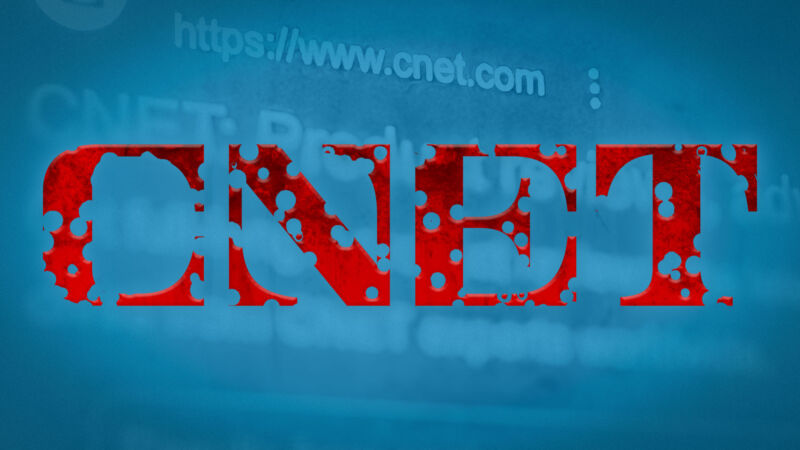
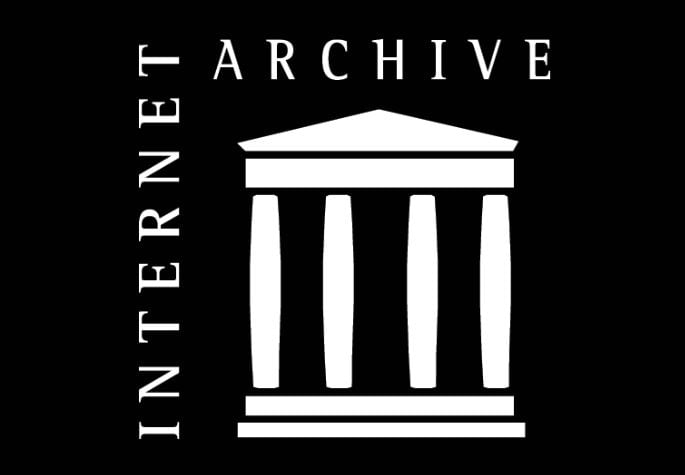 The
The


